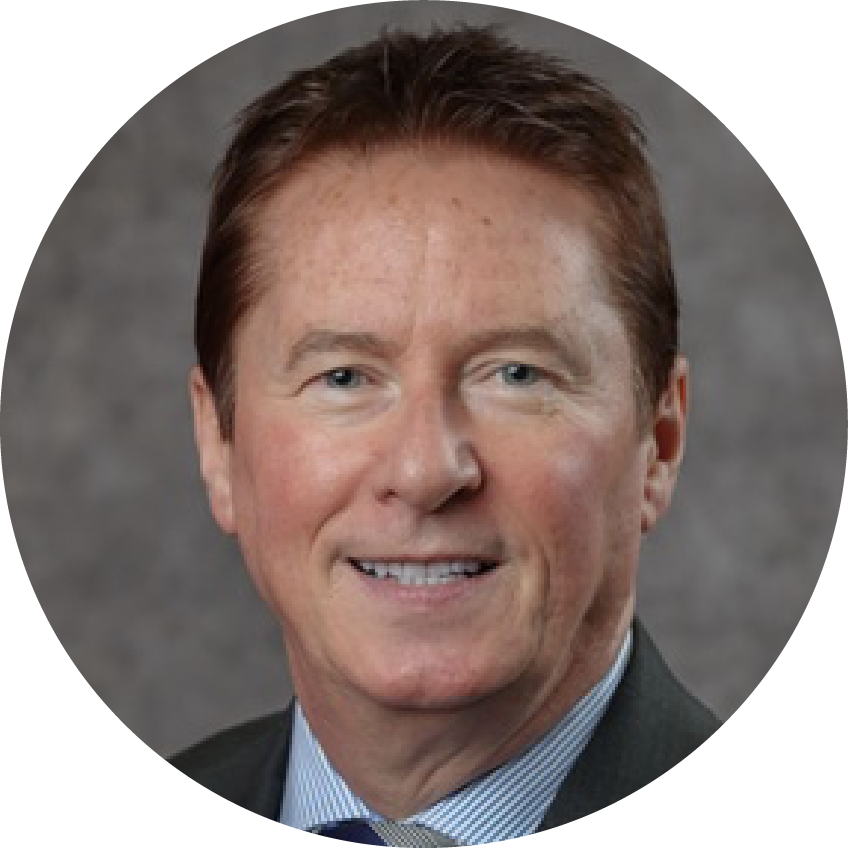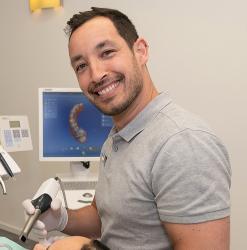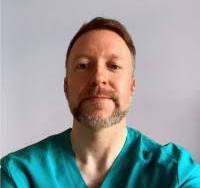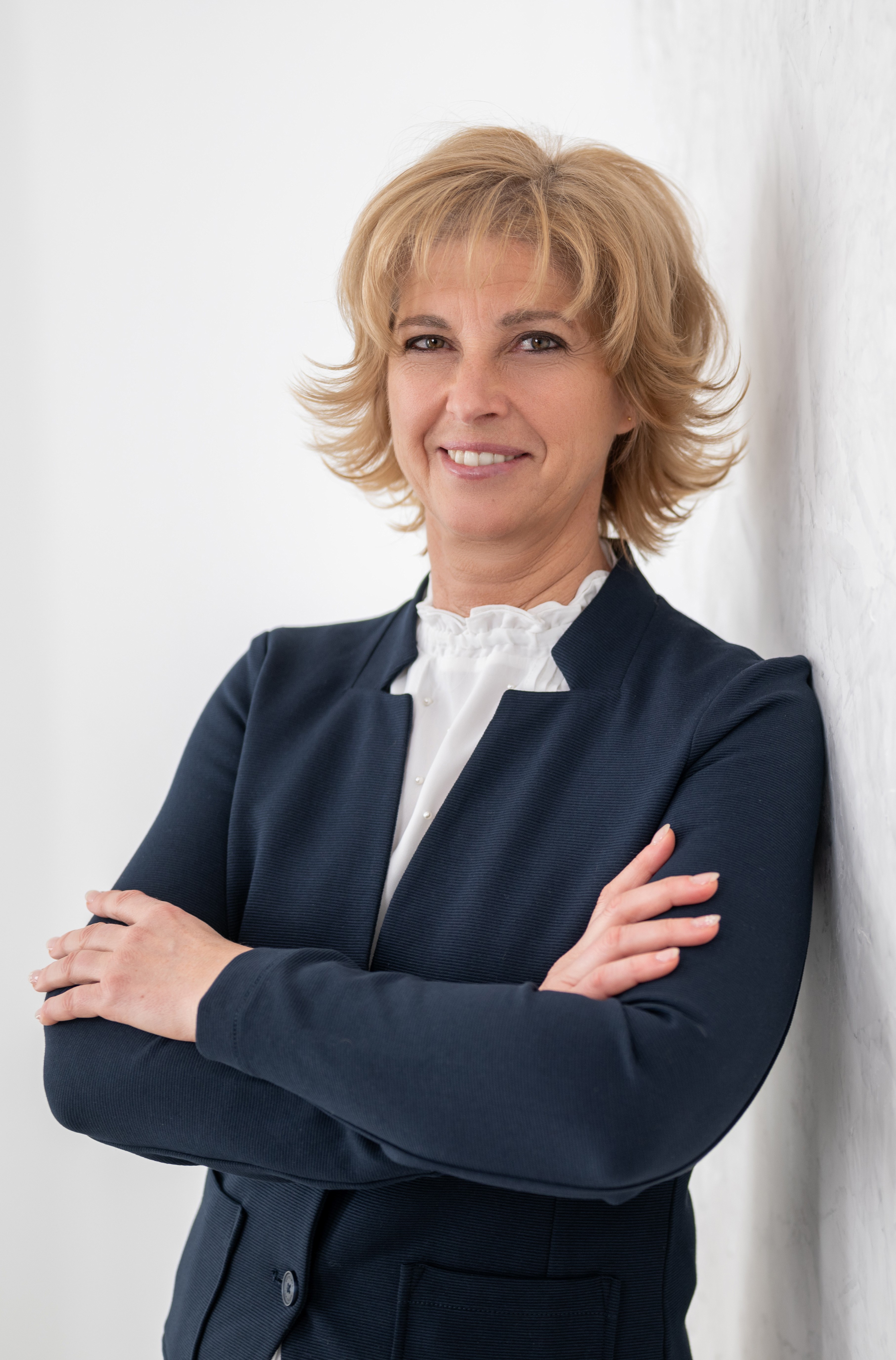Dublin (IST, UTC+1)
McNabb Auditorium TCDBS
Digital, Virtual Reality, and Haptic technology is not merely a tool for preclinical, clinical, or postgraduate training - it's a "Dr. X" for our field as well. These cutting-edge technologies serve as a comprehensive knowledge booster, skills trainers, ergonomic coaches, and even a psychotherapeutic aid.
The integration of these technologies in basic and advanced healthcare education represents a significant leap forward in shaping the next generation of professionals and will influence oral care. These technologies offer unparalleled opportunities for enhancing both knowledge acquisition and skill development, yet their global adoption remains surprisingly limited despite being available for over a decade.
Difficulties seeing and accessing the teeth are the main hurdles in the adoption of ergonomic posture for handpiece education. Students often place their bodies in unhealthy positions in order to achieve the wanted outcome. Assessment of this association is crucial, because students should be aware of unhealthy positions and to learn how to prevent it. This interactive session will provide attendees the ability to assess ergonomic issues and understand the role VR haptics can play in reducing these issues, as well.
This session is created, organised and dellivered by the Digital, VR-Haptic Thinkers group.
Following this session participants will be able to:
- Explain how curriculum designers can impact their ability to implement dental tasks efficiently on different preclinical and clinical courses.
- Discuss the importance of proper combination and timing of different modules for both the student's well-being and assessment.
- Demonstrate best practices that can enhance performance and reduce strain on student.








